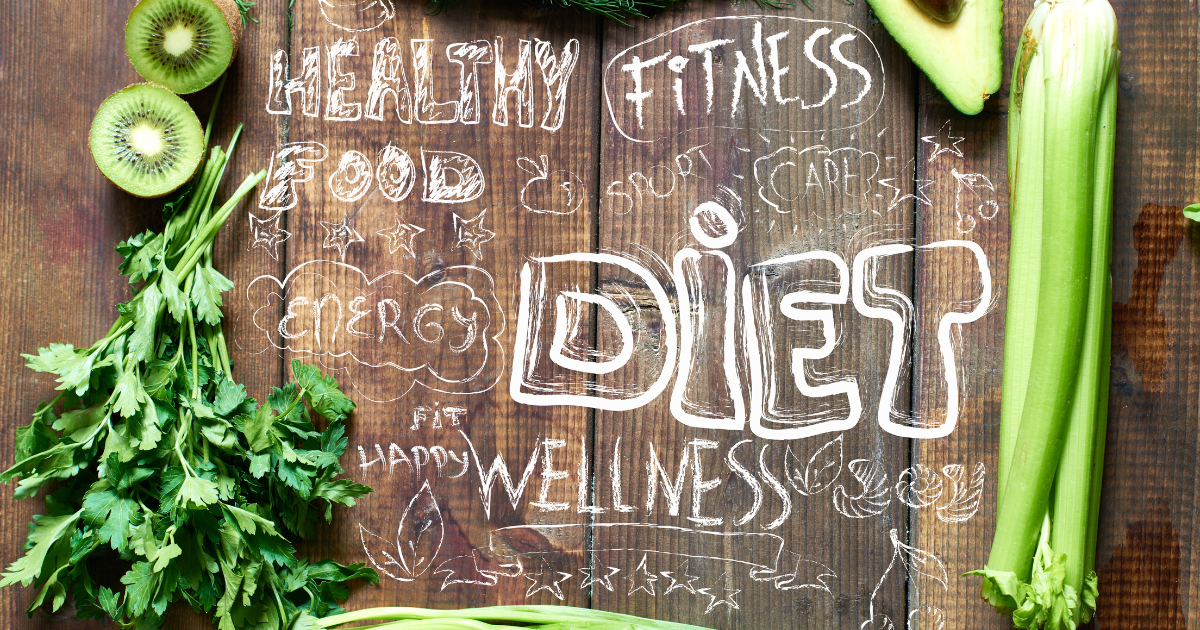
Eating Mindfully
How the way we eat impacts our mental health - written by Joy Medina
Oftentimes when we think of ways to improve our mental health, activities that come to mind could be exercise more, spend time with those you love, or reach out to a trusted therapist. While all of these can definitely improve our mental health and push us toward the right direction, we should also consider another important factor that is accessible daily, our nutrition and the food that we consume on a daily basis. According to an article in The New York Times , this past year, “people grappled with higher levels of stress, depression and anxiety”, leading them to turn toward their favorite comfort foods (ice cream, pastries, and hamburgers). However, it was shown that, “studies in recent years suggest that the sugar-laden and high-fat foods we often crave are least likely to benefit our mental health”. An article published by a brand called “Glucose Goddess” describes how “80% of non-diabetics are likely to experience glucose spikes, with everyday foods such as breakfast cereal” and “With flatter glucose curves, we enjoy fewer cravings, better energy, more restful sleep, slower aging, improved fertility and sex hormones, better skin, fewer wrinkles, healthier heart, less cognitive decline, fewer menopause symptoms, easier management of gestational diabetes and type 1 diabetes, and less risk of type 2 diabetes”. According to a research article published in the National Library of Medicine, nutrition has been linked to mental illness. Without getting too deep into the science behind why sugary foods cause higher depression levels in people, there was found to be neurotransmitter deficiencies of serotonin, dopamine, and noradrenaline in people associated with depression. Research over the years has provided us with the knowledge of how a healthy diet promotes a healthy gut, which then creates microbes in the gut to produce the very neurotransmitters we need to regulate our moods such as serotonin and dopamine! To understand more about the mind and food connection, here is a helpful video called “How the food you eat affects your brain”.
Now, finding healthy recipes for your overall health can be difficult and quite overwhelming, especially since everyone is so different. However, according to “The Blue Zones” website, which highlights eating habits among the geographic areas in which people have low rates of chronic diseases and live the longest, they have included a meal planner section where you can fill out a quiz to discover different recipes that you can include into your daily life for overall better health! Check it out here. It’s perfect for when you want to start eating better for your health, but don’t know where to start!
After reading this article, it’s important to take into mind that mental health is complex and it comes with knowing your body and giving it the care and love that it needs. Quoting from the New York Times article, “How Food May Improve Your Mood”, it states, “Eating a salad is not going to cure depression. But there’s a lot you can do to lift your mood and improve your mental health, and it can be as simple as increasing your intake of plants and healthy foods.”
If you're curious about other ways to improve your mental health and get connected with the Orange County mental wellness community, check-out more about Connect-OC, by signing up for our newsletter, joining our monthly coalition meetings (we now have a young adult advisory meeting!), and following us on Instagram (@connect_oc)! Connect-OC is dedicated to promoting mental health resources for young adults ages 16-24 in Orange County and is a program of Partners 4 Wellness.
In addition, take a moment to explore California’s ongoing Mental Health Movement “Take Action For Mental Health”, and programs offered through the OC Health Care Agency, and Stigma Free OC. If you are interested in mental health resources available to the K-12 population, check out the Orange County Student Mental Health Resource Directory.
Categories
Subscribe to receive updates
Blog RSS Feed